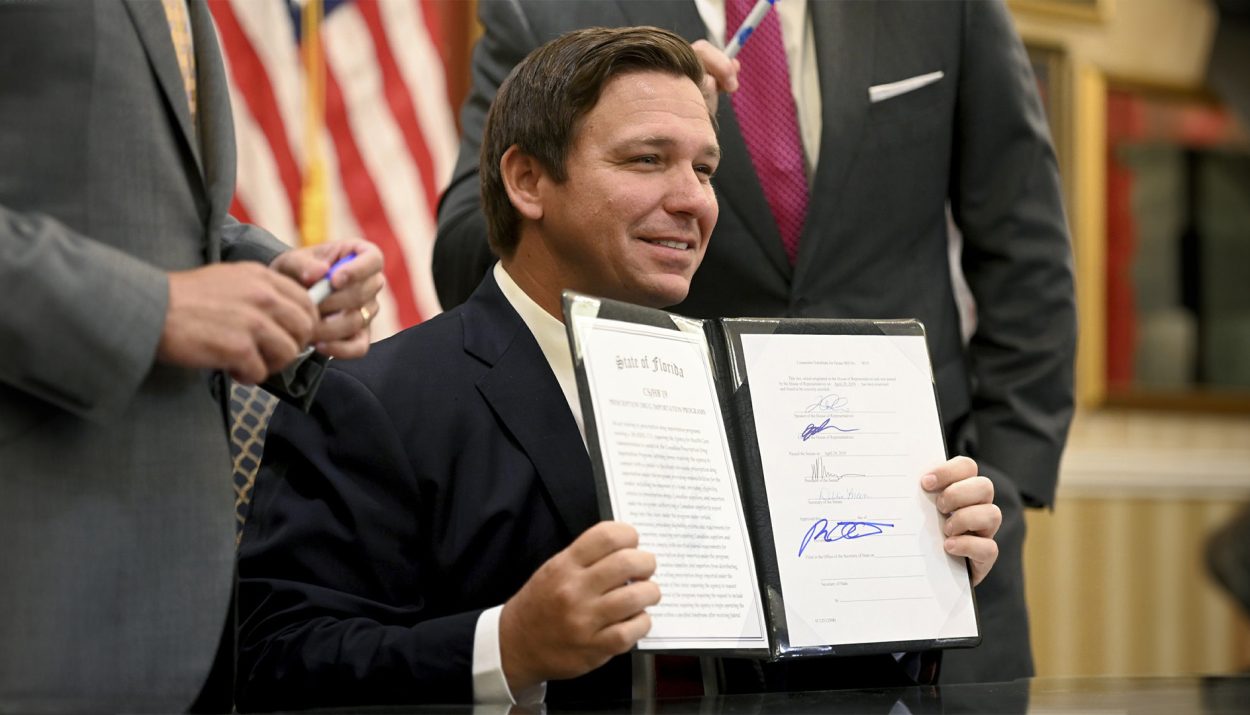Crime rates are both a political and a life issue that affects everyone, in one way or the other. The issue is one that works well as a talking point for conservatives, pointing to all the ways that Democrats are making various communities across the country worse with their policies.
Conservatives Selling a Crime Narrative
This year is no different than others in that regard. Despite data proving that violent crime is, in fact, actually down, conservatives are still selling the narrative that crime in America is worse than it’s ever been before.

While it is true that there are some specific jurisdictions where crime rates are higher than others – Washington D.C., for example – as a whole, rates of crimes such as murder and assault are down. Indeed, violent crime was at one of the lowest levels that it has been in the last 20 years in 2023, and it appears that the pattern is continuing for 2024.
Non-Violent Crime Rates
The reduction of violent crime doesn’t mean that there is no crime at all, of course. Multiple news stories have surfaced regarding levels of different types of crime. If these stories are to be believed, Democratic states are seeing a record high of non-violent crimes such as shoplifting and grand theft auto.

And in some jurisdictions, it is true that there are higher rates of these types of crimes in recent months and years. Increasing costs of living have driven many people to desperate acts such as thieving, which has created challenging environments in many cities in more expensive states such as California.
Political Divide Creating Policy
Conservative governors across the country have used these reports on crime, as well as the data behind them to point out how Democratic policies are destroying states across the country. The cultural and political divide between conservative and liberal states has grown deeper and more clear as the years have gone on, with very little room for the middle ground.

And some governors have taken this political divide as a motivation to create policy. This has been seen in states like Texas, where Governor Greg Abbott has pointed to “sanctuary state policies” from Democratic states like New York and California as his motivation to create harsher immigration punishments in his own state.
New Retail Laws in Florida
Most recently, Florida’s governor, Ron Desantis, has signed into law a crack-down on retail theft, citing “leftist jurisdictions” as the reason behind the new policy.

“Many leftist jurisdictions are enacting policies that ignore retail theft or even encourage it,” he said. This statement was a prelude to announcing the new Florida legislation, which cracks down on retail theft and porch piracy in the Sunshine state.
Introducing New Penalties in Florida
The bill, HB 549, introduces new and increased penalties for retail theft, porch piracy, and inciting looting via social media. These increased penalties have been introduced in spite of the fact that Florida has seen rates of shopping decrease by 30% since Desantis first took office.
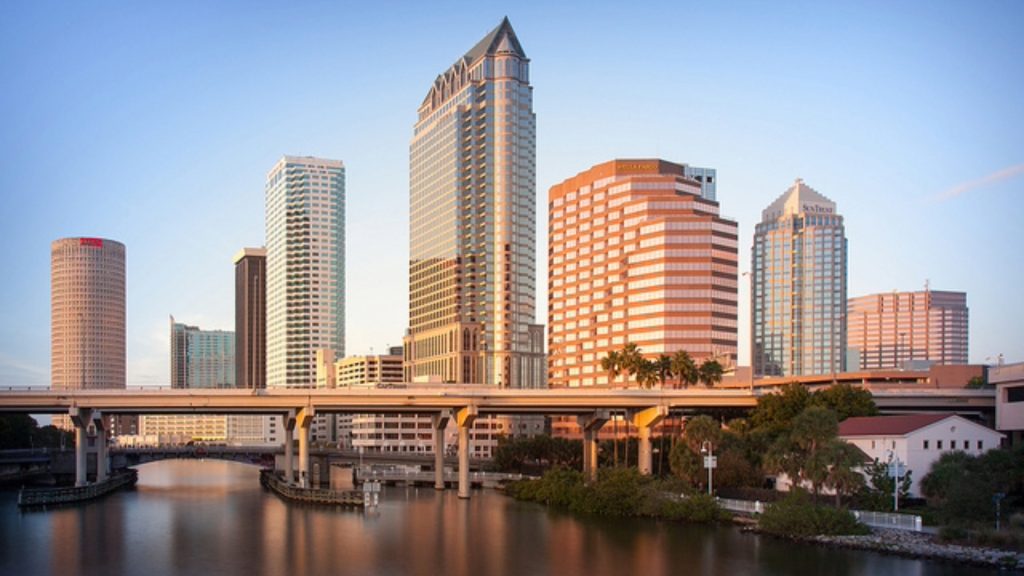
Desantis pointed to other states’ laws and rates of crime as the reasoning behind signing this bill. “You look at a place like California, they passed proposition 47 that allows people that commit retail theft to be charged with a misdemeanor, even if it had traditionally been a felony. That means they get numerous retail theft offenses. Did they get held accountable? No, they get a slap on the wrist.”
Looking at Other States
He continued. “You look at New York, they eliminated cash bail for many offenses, including offenses for retail theft, so that now you can only get a felony theft charge if you steal more than $1000 worth of merchandise. Anything less, you get a desk appearance ticket that has caused people to loot stores and do $999 worth of looting. And then they leave knowing that they’re not going to be held accountable.”

The data, in part, backs up some of Desantis’ thoughts. In 2022 alone, the United States experienced $112 billion in retail theft, including $4 billion the state of New York alone.
Rising Rates of Theft in Specific Cities
He pointed out the rising rates in other cities, as well. According to Desantis, New York City has seen shoplifting increase by 63%, Los Angeles by 81%, and San Francisco by 24%.

“Now, that has an impact on you as a consumer because the prices will go up to reflect those stolen goods. That’s just basic business,” he said. “It also just has a demoralizing effect on people. When you go in and you want to buy toothpaste and it’s like Fort Knox because it’s all under lock and key for basic items. You got to get a clerk to come and open it and all this stuff just to do basic shopping. That is not something that is good for quality of life.”
Criticizing Other Governors
Desantis points to his new laws for the reason behind Florida shoplifting rates dropping, and criticized other governors for not doing what he sees as necessary to protect their states.

“Nationwide, 88% of retailers have reported that shoplifters are more aggressive and violent now, compared to just a few years ago, 49%….I think these people come in and they have a sense of entitlement that they can take what they want and that they’re not going to be held accountable,” Desantis said.
Stores Allegedly Closing Due to Theft
He finished, “And so I think the behavior has reflected that. You see stores closing down in different parts of the United States, whether that’s Target closing nen stores in Portland and Seattle, Walmart closing stores in Chicago, Nordstrom closing stores in San Francisco. That is a direct result of the lack of commitment to the rule of law and holding criminals accountable.”
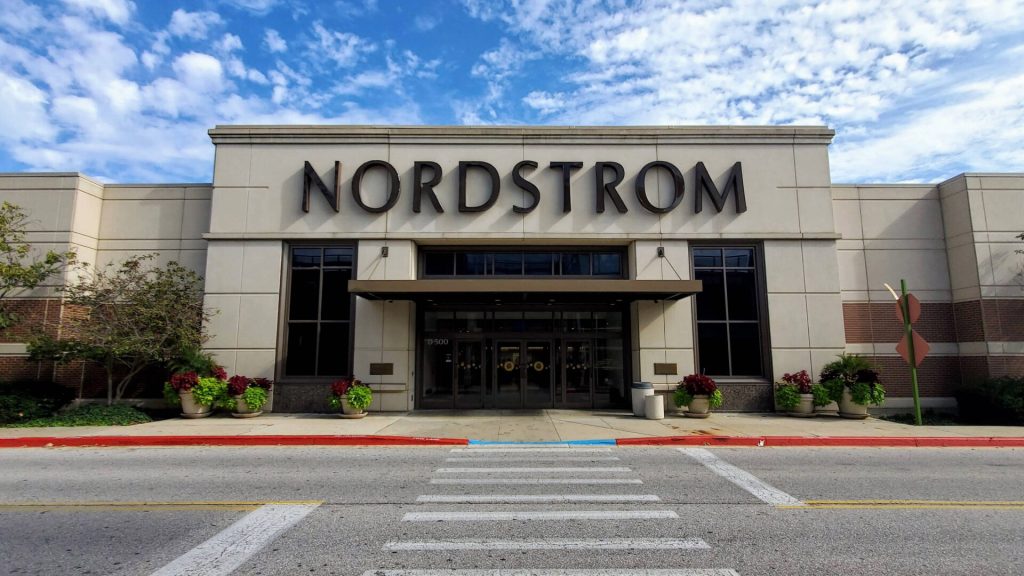
While it is true that there has been an increasing rate of major retailers like those listed closing physical locations, drawing the causal relationship between shoplifting and stores closing is simplistic. Economic factors have reduced spending in many aspects of life, and closing stores to save money during periods of lower income is a practice that businesses have engaged in time and time again over decades of operation.
The Specifics of the Law
The new penalties regarding shoplifting are steep in Florida. The law institutes a third-degree felony, punishable by up to five years in prison, if criminals commit retail theft with five or more individuals.
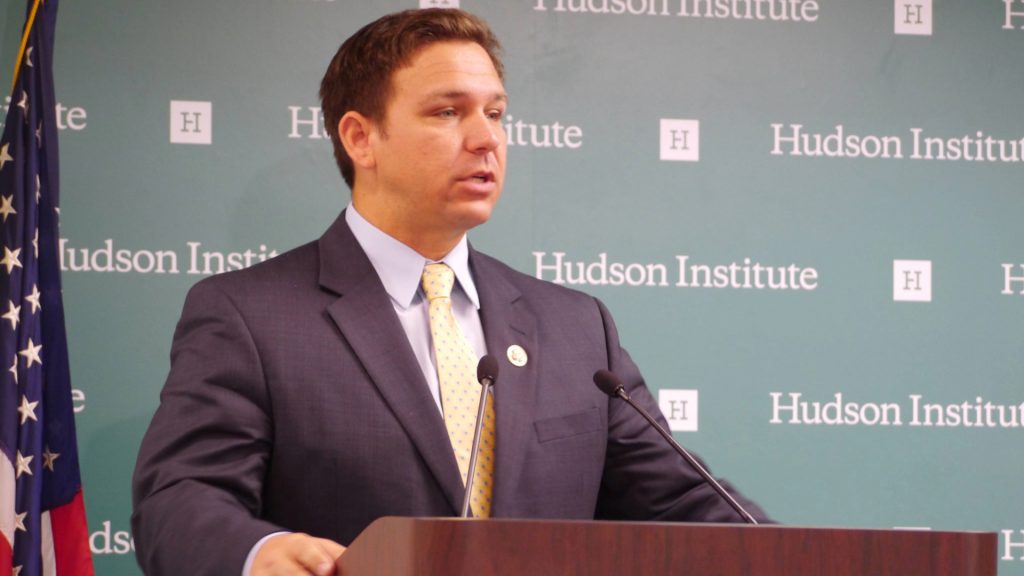
It also enforces a second-degree felony, punishable by up to 15 years in prison, if criminals commit retail theft with five or more individuals and use social media to solicit others to participate in the theft.
More Specifics
Committing retail theft with a firearm or with two or more prior convictions of retail theft constitutes a first-degree felony charge, which is punishable by up to 30 years in prison.
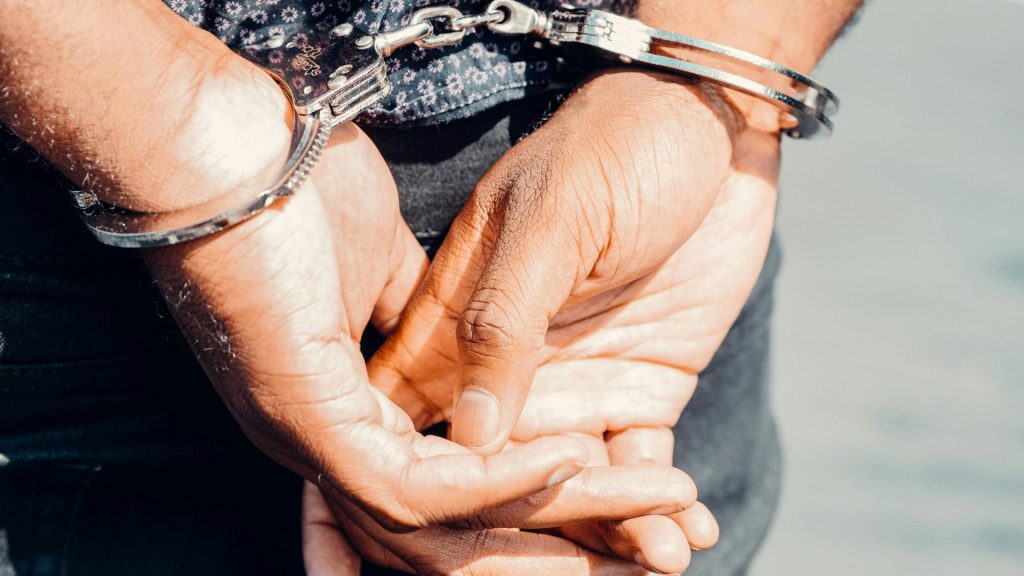
The law also grants the ability to charge a felony for multiple retail thefts occurring in the span of 120 days. This is an increase from 30 days, which was the former requirement under the law. HB 549 also increases punishments for porch piracy. Theft of property in an amount less than $40 is a first-degree misdemeanor, and a subsequent violation is a third-degree felony.
A Final Dig Against Other States
Desantis made a final dig against other jurisdictions when speaking about the law. “Florida is taking another step to distinguish ourselves from lawless jurisdictions and keep our residents and businesses safe. If you steal in Florida, we will catch you and we will prosecute you.”
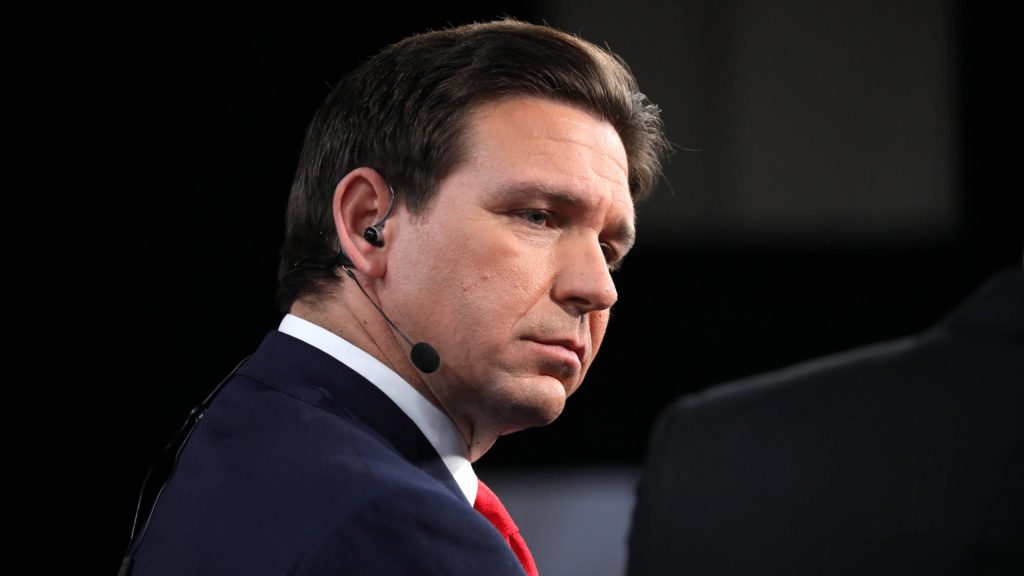
Reactions to the law on the internet have been mixed. Some have praised the law, looking at Desantis as a leader in a country that feels increasingly unstable due to the perception of high crime rates. Others have looked at the law as unnecessarily cruel, penalizing people who might have no option other than to steal necessities in a country that doesn’t pay enough and gouges on cost of living.
Desantis: The Anti-Democrat
In signing this law, Desantis has continued to position himself as the “anti-Democrat.” Not just a conservative or a Republic, but the exact antithesis of everything that he believes Democrats believe and stand for.
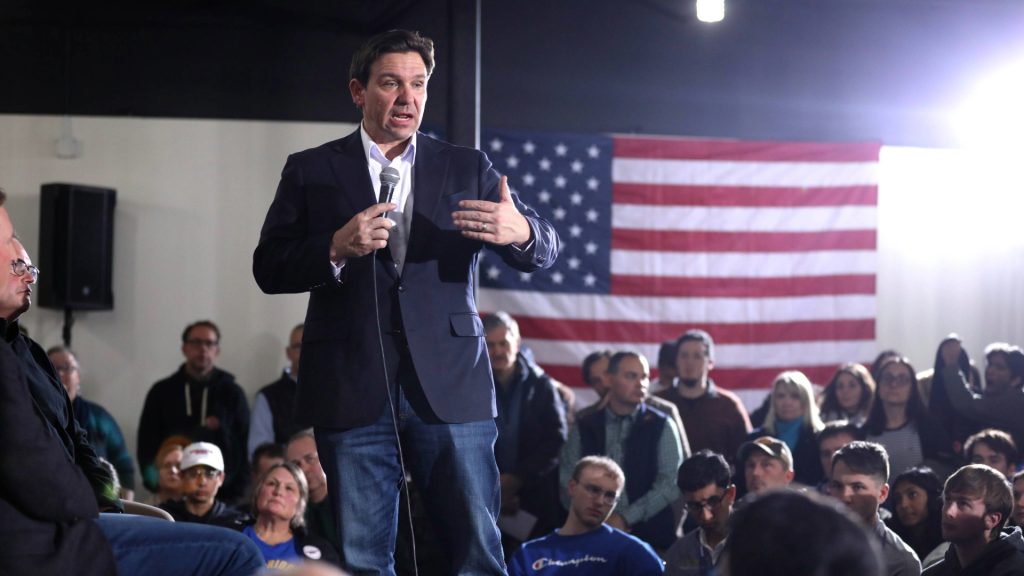
Whether this will succeed for him as a political statement or not remains to be seen. Republican political registration in the state of Florida has surged in the last few years, making conservatives by far the dominant voting bloc in the state. Desantis has the votes to continue to make bold conservative changes, if he doesn’t take things too far and drive away the very people that he’s trying to appeal to.

